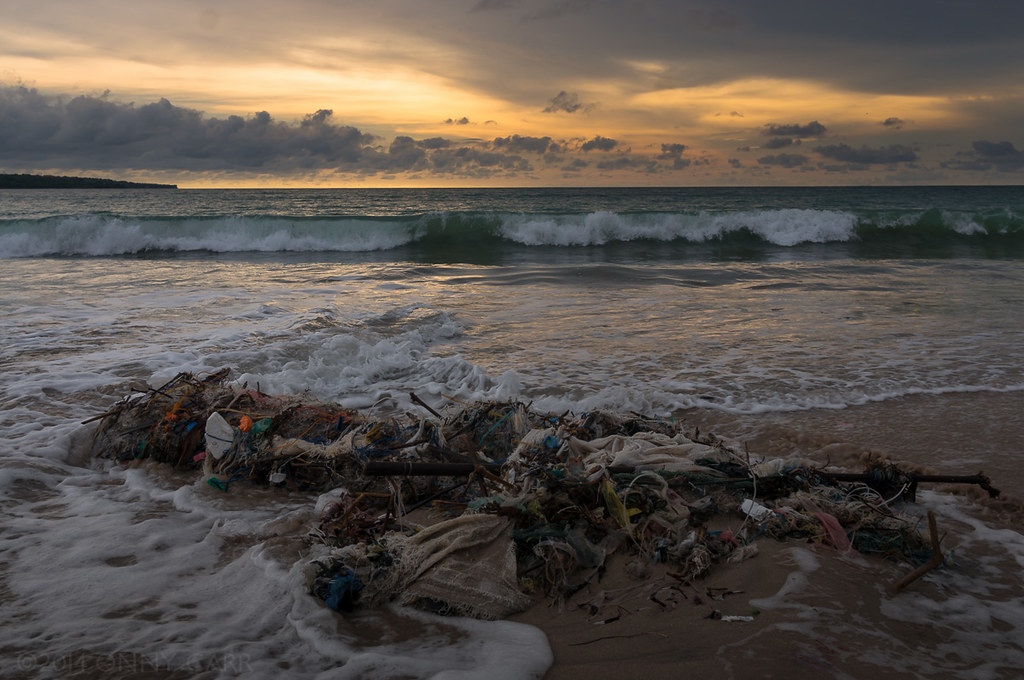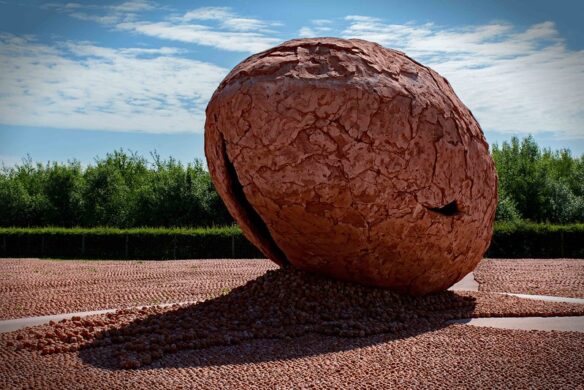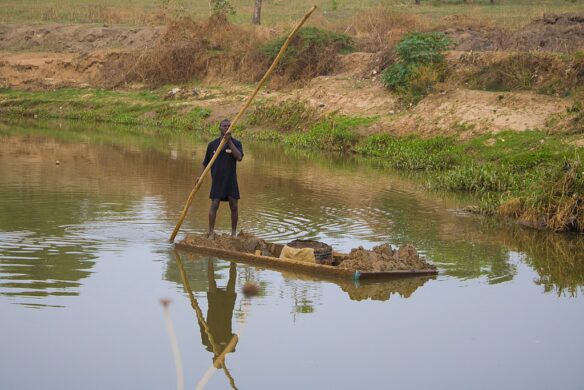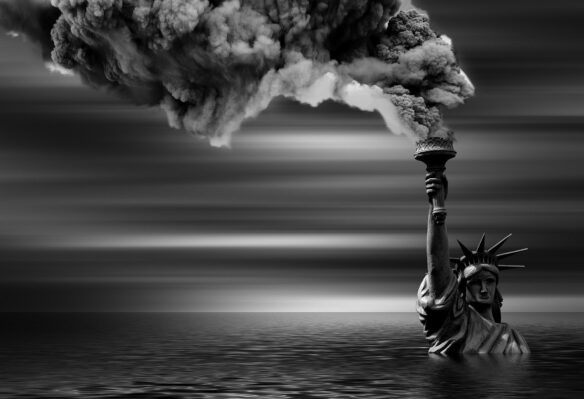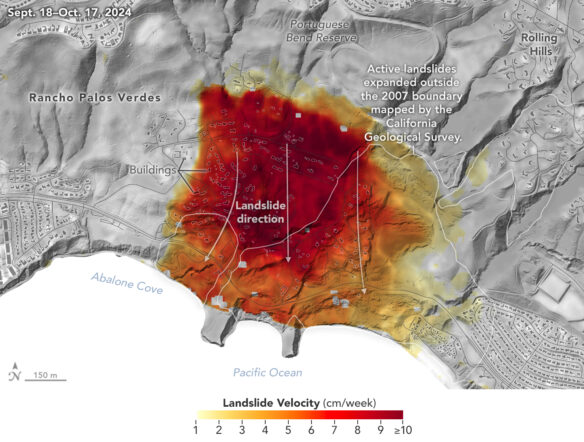Excerpt:
Three siblings and their team, Sungai Watch, are fighting against Bali’s pollution problem
It takes a few minutes to adapt every time. The rubbish that piles up against the plastic barriers across the waterways is not only nice, clean plastic bottles. Mixed into the murky mass is all sorts of waste: nappies, face masks, even electrical goods.
“You have perished food, the rest of chicken intestines. Unfortunately, we find a lot of dead animals as well, a lot of diapers. So it’s truly horrible, it really gets your stomach churning as you clean up.” But Kelly Bencheghib does not seem to be seriously put off, because she keeps on doing it.
Every week, the Sungai Watch staff don waders and gloves and plunge into the waterways around the Indonesian island of Bali, where they have strung up their big plastic barriers. Along with volunteers, they work their way through the heaps of waste that has built up against the barriers, stuffing it into rubbish bags and slowly, steadily, clearing the filth. The work is gruelling, and yet there is deep satisfaction, even if just temporarily, in watching the rivers open up again. “You do get used to it, strangely enough. But you always need at least a few minutes to adapt as you go into a river.”
The typical mental image of Bali is of a glorious tropical paradise. In reality, like everywhere in the world, the island has a plastic problem: it produces 1.6m tonnes of waste a year, 303,000 tonnes of it plastic. More than half of this goes uncollected, including 33,000 tonnes that gets into Bali’s waterways. During monsoon season, piles of waste from the neighbouring island of Java bury its coastlines. While data varies, one estimate says 1.3m tonnes of Indonesia’s unmanaged plastic may be polluting the ocean every year. And that is just a small part of the millions of tonnes floating in from elsewhere.
Where to even begin in cleaning up that kind of waste? In an ideal world it would be dealt with upstream, with circular waste systems and minimal or reusable packaging. But for now it seems as if the only answer is for people to wade in and pick it up themselves. All over the world, individuals, groups and governments are picking up the baton and launching initiatives against the rubbish filling the land and oceans. Their efforts range from local beach cleanups, to innovative strategies such as the “bubble barrier” that is being trialled in the Netherlands, to international efforts such as the Ocean Cleanup.
Sungai Watch in Bali is one of these many valiant teams. It was set up by Bencheghib and her siblings Gary and Sam, who are French-born but grew up on the beaches of Bali and became aware of the growing plastic problem from a very young age. As teenagers, they started a weekly cleanup, roping in schoolmates and local businesses. “Back then, everyone looked at us in a bit of a weird mood. They were really asking the questions: why do you even bother? It’s just going to disappear with the waves,” Kelly says…
Guardian News (01-03-2021):
Bali’s famous beaches covered in plastic garbage
Indonesian workers have been cleaning up piles of debris and plastic waste brought in by strong waves at Kuta Beach on the famous island of Bali. Authorities say that between 30 and 60 tonnes of trash is being collected from the island’s most famous beaches each day…

